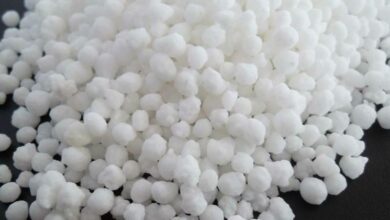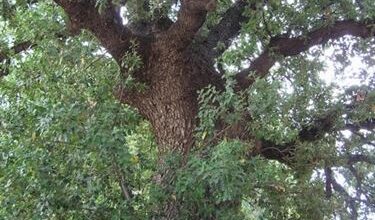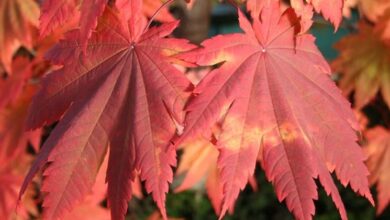Sofora of Japan
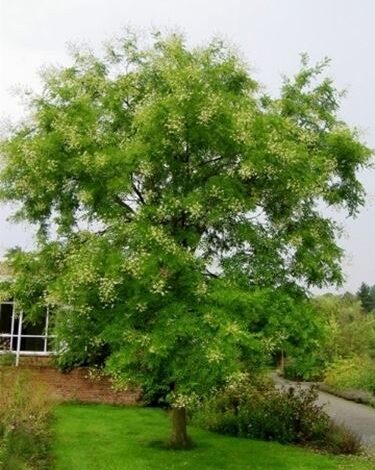
Generality
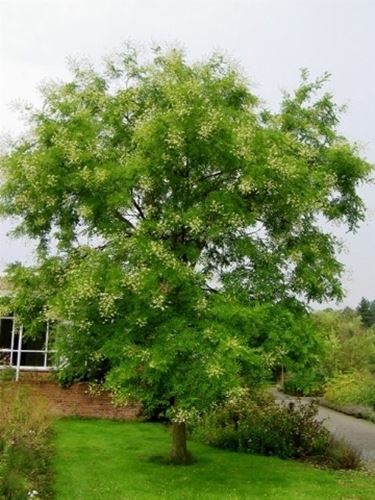
Climate and terrain
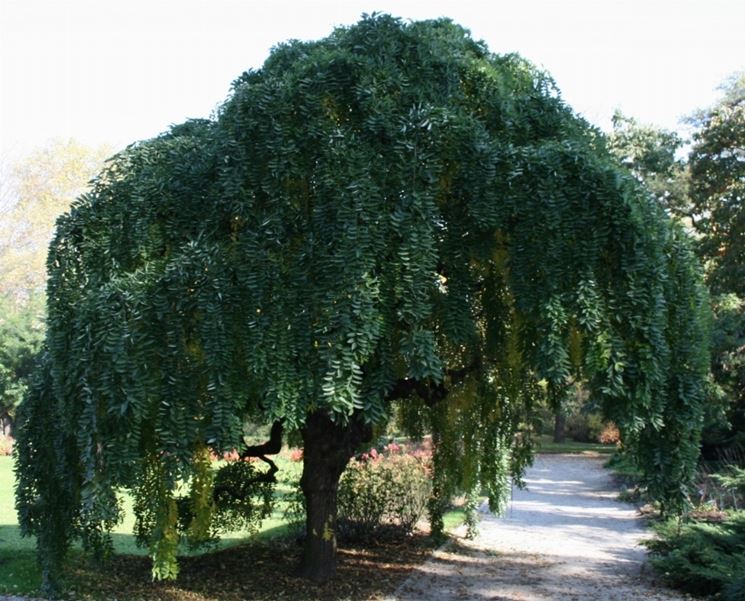
In Italy its distribution range reaches 500 m above sea level. It gives its best on fertile and well-drained soils, in full sun, but it can tolerate well even exposures of partial shade and less generous soils. It fears prolonged stagnation and too compact soils. It easily bears very cold temperatures, down to -20 ° C, and can tolerate a certain degree of salinity without problems.
Plant
The propagation of the plant can take place from seed, but this involves a long wait before being able to see the flowering, in some cases up to 30 years depending on the climate. The seeds must be treated at high temperatures or with acids before they can be used, although some manage to obtain a reasonable percentage of germination by planting the seeds immediately after they have been harvested. For seeds that have been harvested for a long time, however, it is usually sufficient to pour boiling water over them and leave them to soak for a day. Sowing takes place in March, in a heated greenhouse. The transplant or implantation can take place both in autumn and in spring, using stakes in the case of plants with particularly thin stems. Some varieties and cultivars such as the pendula cannot be propagated from seed,
Cultivation techniques
The sofora is a fascinating tree all year round, suitable as an isolated specimen in large parks or large gardens, but is also used in the urban context as a road tree given its optimal resistance to pollution. In medium-small gardens it is used by exploiting the slowness of its growth, but it must be borne in mind that the more the tree grows, the denser the shadow it casts becomes. At maturity the shadow cast by a Sophora is very dark. Furthermore, the plant drops flowers, leaves, pods from July to December, and by attracting the birds that eat its fruits, even the excrements are to be considered. It does not need pruning, except that necessary to eliminate dead or damaged branches. If necessary, a slow release granular fertilizer can be administered over the entire

